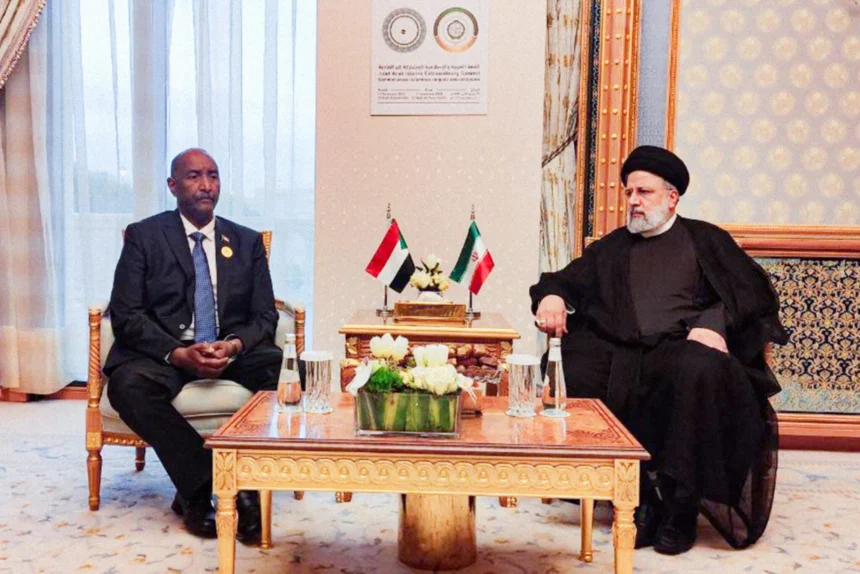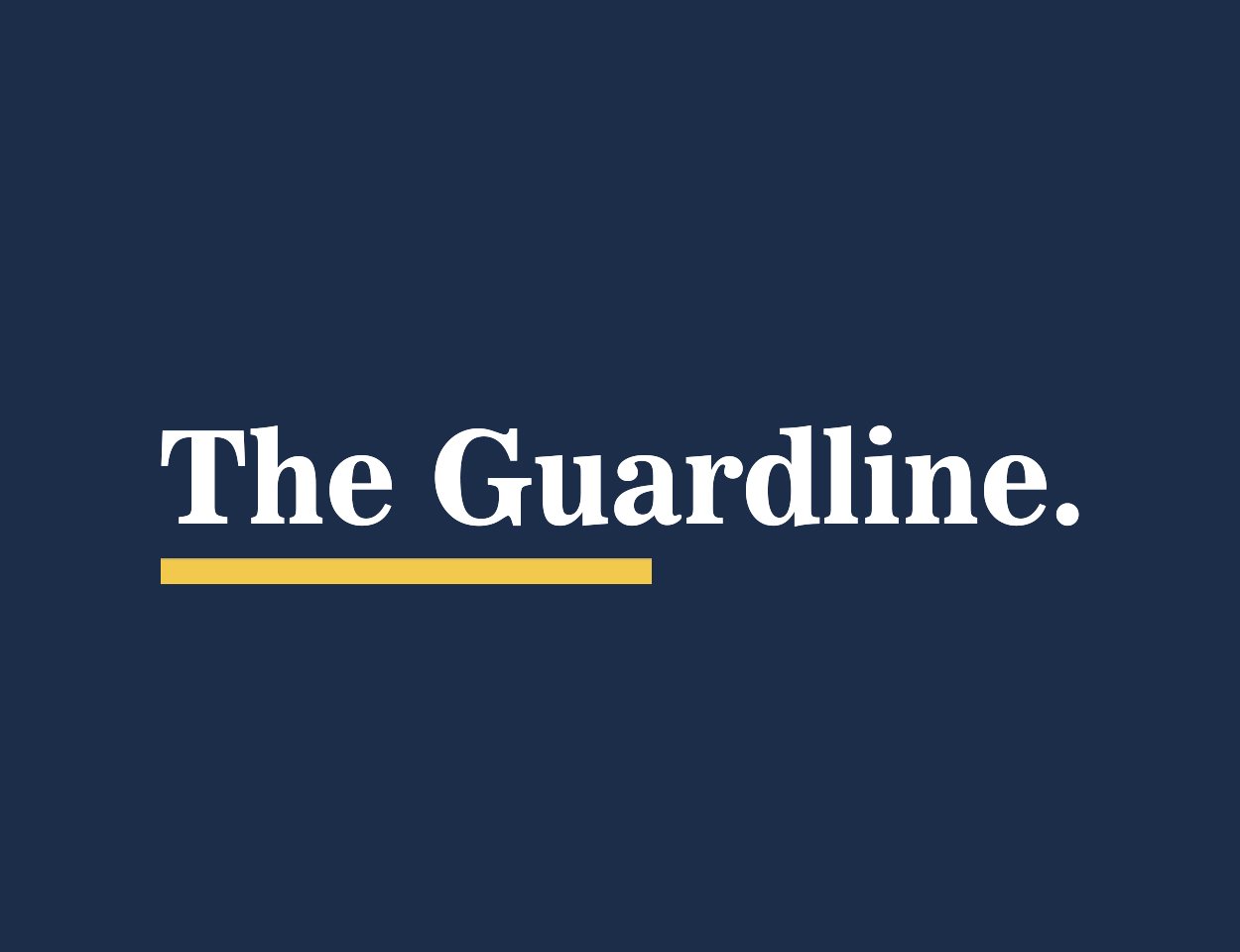Jerusalem Post: Sudan emerging as a dangerous node in Iran’s terror network
Sudan’s slide into Tehran’s orbit has alarmed Israeli defense officials, who now brand General Abdel Fattah al-Burhan as “Iran’s new Houthi.”
A Jerusalem Post investigation reports that Burhan has covertly allowed Iranian military advisers and banned weapons shipments into Sudanese territory, while publicly posturing as a partner in the Abraham Accords.
From Peace Path to Proxy Platform
Since restoring diplomatic ties with Iran in late 2023, Sudan’s military leadership has abandoned its normalization trajectory with Israel and, according to the report, enabled Iran to establish intelligence cells, weapons stockpiles, and logistical bases from Red Sea ports to hidden mountain bunkers.
Shipments allegedly include advanced missiles and chemical weapon precursors buried underground — a clear breach of international law.
A Deceptive Alliance with Explosive Risks
The paper highlights Burhan’s two-faced diplomacy: promising Tel Aviv commitment to the Abraham Accords while secretly embedding Iran’s presence on Red Sea shores.
For Israel, this represents not just betrayal but a direct strategic threat, converting Sudan from a struggling state into a launchpad for Tehran’s regional resurgence.
A Looming Strike Scenario
Analysts warn that Israel may resort to preemptive strikes on Sudanese targets if Iranian military buildup continues, viewing Burhan’s Sudan as a new southern flank for Iran’s network after losses in Syria, Lebanon, Iraq, and Yemen.
In The Guardline’s editorial stance, this is no longer a diplomatic shift — it is a security flashpoint.
By granting Iran access to Sudan’s coastline, Burhan has placed his country on the frontline of a potential regional war — and turned Sudan from a would-be peace partner into a probable battleground.











